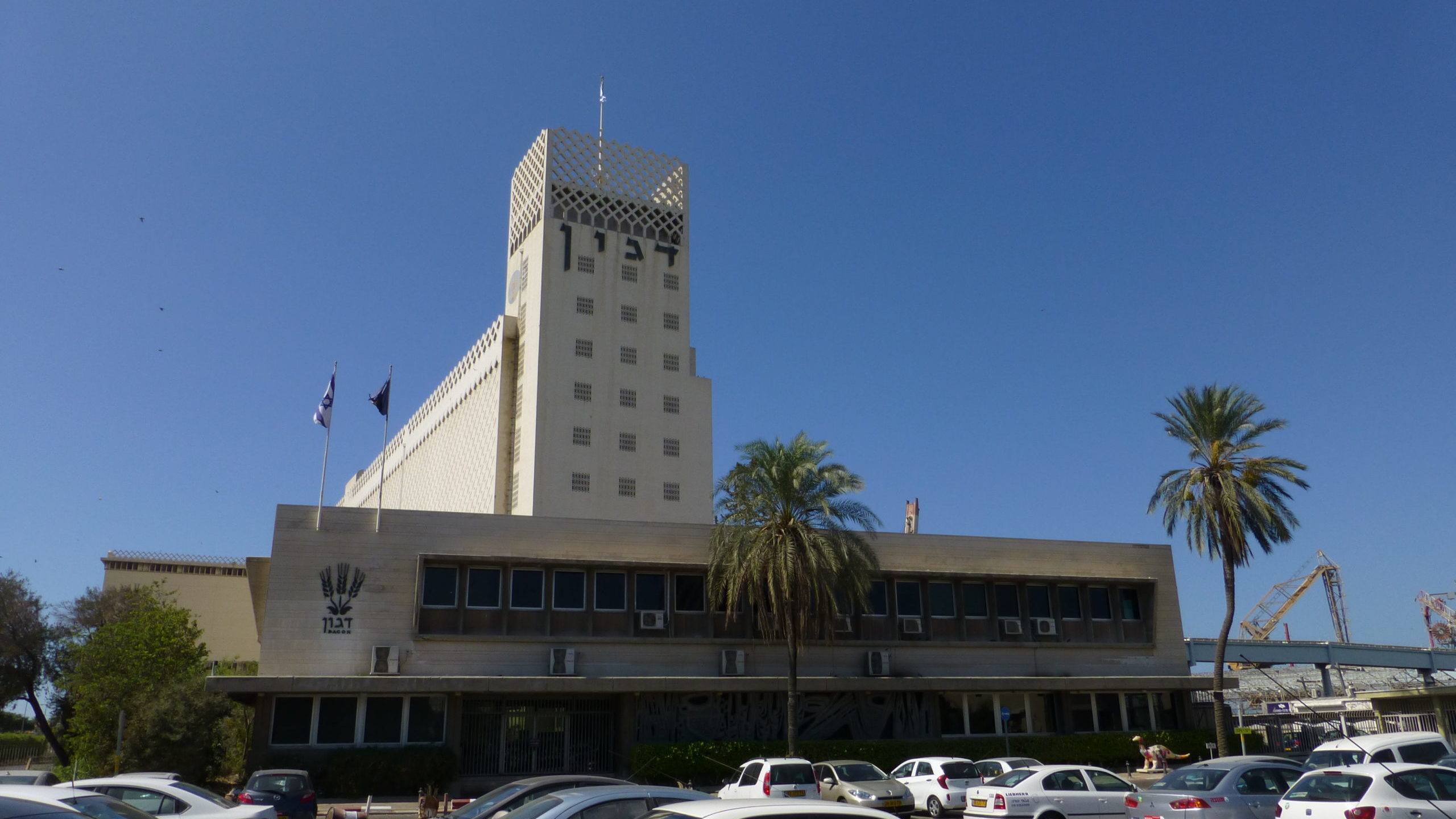Israeli Wheat Reserves Insufficient Beyond Ukraine War
Even if Russo-Ukrainian War is short, reduced supply, higher prices expected in year that follows
The Russian army invaded Ukraine on February 24, with economic consequences for the entire world, especially regarding energy and wheat.
However, the Israeli government claims to have a solution that will prevent the rise in grain prices from drastically damaging the country’s economy.
“There is a stock [of wheat in Israel, enough] for a very long period ahead, so there is really no impact at the moment and no shortage is expected,” Lilach Weissman, the spokesperson of the Israeli Finance Ministry, told The Media Line.
Dr. Yael Hadass, head of the economics program at Reichman University’s International School in Herzliya and publisher of the Economics for All website, told The Media Line that wheat was already getting more expensive before the conflict heated up.
“Even before the war with Ukraine the price of wheat started rising, due to the halt of production during the pandemic which led to a reduction of supply,” she said.
However, she continued, “the war has made a major contribution to the price of wheat since Ukraine and Russia produce about 29% of the world supply. The war has halted the supply of wheat to the rest of the world.
“This is expected to translate directly to foods that are based on wheat such as flour, bread and pasta, as well as animal feed, which can lead to increases in prices,” Hadass said.
Israel imports its wheat mainly from Russia and Ukraine.
Israel’s wheat stocks should last three months, according to Avigdor Liberman, the finance minister. “If the war is no longer than that, then a shortage is not expected,” Hadass said.
Even if the war is short, the aftermath will still be challenging as supply will be reduced even in the best case, Hadass said. “The farmers in Ukraine can’t plant for next year while the war is going on. A shortfall is expected in the year that follows,” she said.
The main result will be inflation, Hadass said.
“A rise in commodities prices translates to a rise in the price of many other goods. The inflation has not started due to the war, but it is expected to [eventually] intensify due to the war,” she continued.
With Russian energy exports reduced and threatened by increased international sanctions, the price of gasoline in Israel has reached the highest level since 2014.
On March 1, the maximum price of 95 octane gas rose by 0.34 shekels per liter, to 7.05 shekels per liter, or $8.20 per US gallon.
According to globalpetrolprices.com, Israel currently has the eighth-highest fuel prices in the world.
Hadass said it is a global phenomenon, and Israel is affected like many other countries.
She explained the price of fuel started to rise with the return of the world to travel after the COVID-19 crisis, due to increased demand after two years of reduced demand that kept the price very low.
The Russo-Ukrainian War has also had an impact because of the skepticism of investors and the fear of shortages.
Sanctions on Russia have not yet hit its oil trade directly, but the US’s search for alternatives has investors concerned.


